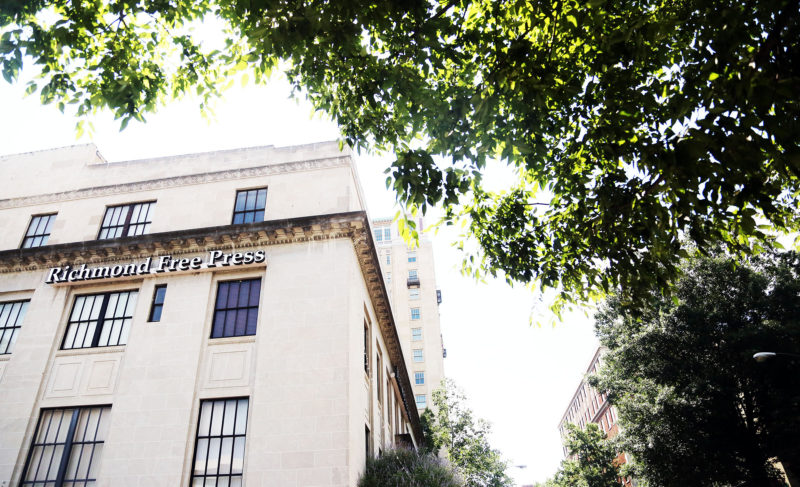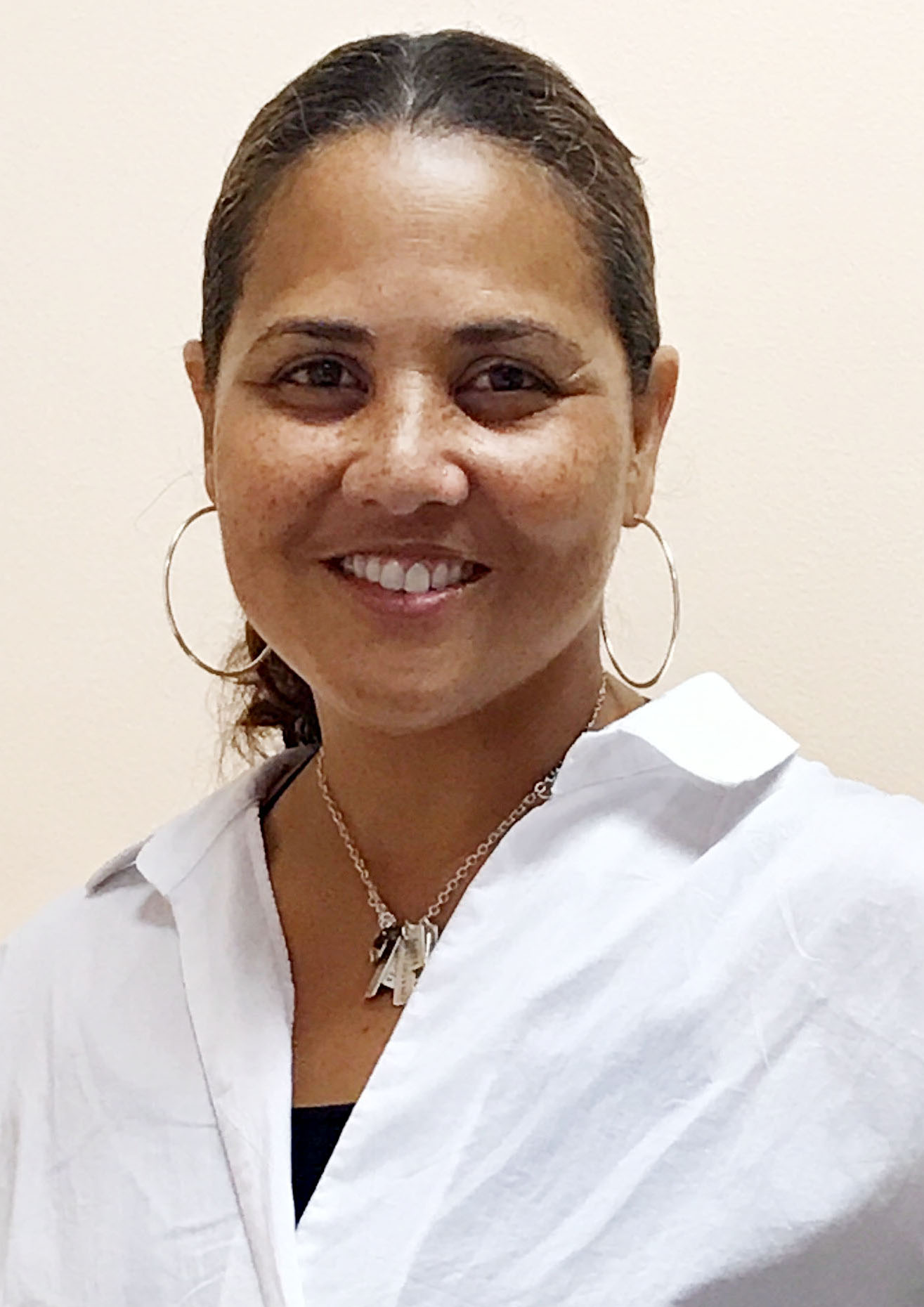Sign up for The Media Today, CJR’s daily newsletter.
IN 2003, I WENT TO WORK FOR the Detroit Free Press as a staff photojournalist. For nearly 14 years, I covered breaking news, features, and national news, from Rosa Parks’ death to Barack Obama’s historic journey to the White House, and significantly contributed to the Flint water crisis coverage.
While covering the Flint water crisis, a colleague and I met a young black mother, Ariana Hawk, and her children. At the time, my colleague and I wanted to put a face to the crisis, to show the impact of lead poisoning on people who lived in Flint.
I focused on Hawk’s youngest child, Sincere, as he played. I photographed the scars all over his body. I noticed his size; he was larger than most two-year-olds because he was on steroids to treat the rash his mother blamed on the contaminated water. I watched his mother bathe him and saw him flinch.
My photograph of Sincere appeared on the cover of TIME, and subsequent stories at the Detroit Free Press identified him as the “face of the Flint crisis.” The photograph connected Sincere to his community, and gave a face to a critical story.
But the photograph also worked on me. I wanted to contribute to a community of people that look and feel like me in the world today. I thought about returning to Richmond, Virginia, and to the Richmond Free Press, the weekly independent newspaper my family started. About a year after I took Sincere’s photo, when the Detroit Free Press announced plans to trim its staff, I volunteered to go.
MY PARENTS LAUNCHED Richmond Free Press 25 years ago. My father, Raymond H. Boone, edited and published the paper; the Richmond Times-Dispatch, a conservative daily, wrote that he “established an editorial voice that was one of the most trusted in Richmond’s African-American community.” My mother, Jean Patterson Boone, left her work as a lobbyist to work alongside my father as the director of advertising. After college, I began my own journalism career there. Three years ago, when my father died of pancreatic cancer, my mother assumed the role of publisher.
The Richmond Free Press focuses primarily on the city’s black community, which includes many people who are not covered—and sometimes seem unnoticed—by the daily newspaper. But our audience also looks to us for our perspectives on national and international events. Our editorial pages have recently weighed in on the investigation of James Comey’s firing, the results of Virginia’s party primaries, and a decision by the Virginia governor to correct a measure that disproportionately funded the preservation of Confederate gravesites over African-American gravesites from the same era.

The Richmond Free Press offices. Photo by Regina H. Boone.
A number of newspapers throughout the country serve similar purposes. The African American Literature Book Club, which tracks independent, black-owned newspapers, counts more than 100 such papers, including the Richmond Free Press. The National Newspaper Publishers Association, which bills itself as the “largest and most influential Black-owned media resource in America,” counts over 200 such papers in the US. A number of cities included in the list—Atlanta, Baltimore, Chicago, Richmond, Washington, DC, all cities with major daily newspapers—have multiple black-owned newspapers. Such papers are vital sources of stories and photographs, compiled by a staff charged with portraying their community and recording its history.
As black communities risk being overlooked by many newsrooms, so do black newspapers risk being overlooked or undervalued by advertisers.
LAST YEAR, PEW’S “STATE OF THE MEDIA” report noted a circulation decline at “a handful of historically prominent black papers.” But that decline is not uniform. “Because so few of these papers have regularly audited circulation figures…it is difficult to acquire industry-wide measures,” according to the report. (The Richmond Free Press has been audited annually since 1993.)
As black communities risk being overlooked by many newsrooms, so do black newspapers risk being overlooked or undervalued by advertisers. During the next year, I’ll study family, legacy and the viability of black newspapers in America as a Knight-Wallace fellow.
When I first returned to the Richmond Free Press, I felt consumed by questions: How might we keep the paper relevant, and financially sound? Those questions evade easy answers, but they’ll power my research, and they sustain my conviction that no community deserves to be left behind.
Has America ever needed a media defender more than now? Help us by joining CJR today.



